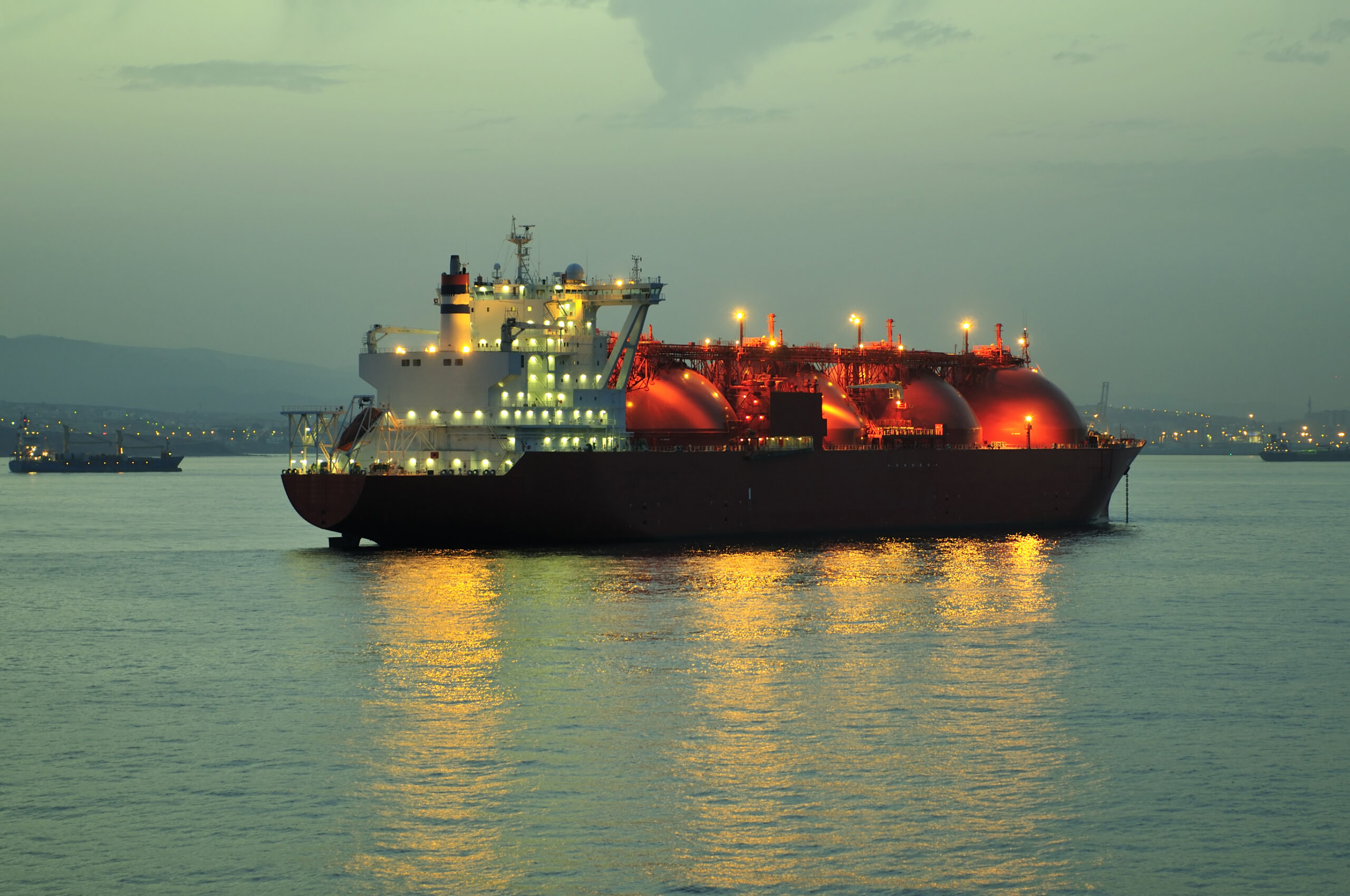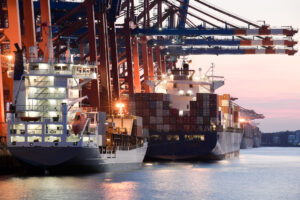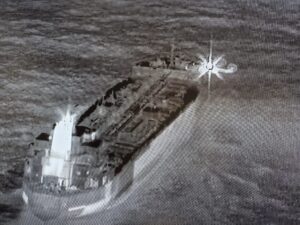US Treasury Secretary Scott Bessent signalled that the US is ready for a ramp-up or wind-down of Russia sanctions. Speaking in an interview with Bloomberg, Bessent said that this move is based on Russia’s willingness to negotiate.
“The sequencing of what was going to happen was: bring the Ukrainians closer to the US through economic ties, convince the American people, the American public, get them onside,” he said. “And then tell the Russians, go to the negotiating table with a very fulsome message that if we need to, we will take sanctions up.”
When asked whether US is ready for ramp-up or wind-down of Russia sanctions depending on how negotiations progress, Bessent responded: “I think that’d be a very good characterization.”
“The president is committed to ending this conflict very quickly,” he added.
His comments come as the EU is moving forward with its 16th package of sanctions on Russia.
“I welcome the agreement on our 16th package of sanctions. The EU is clamping down even harder on circumvention by targeting more vessels in Putin’s shadow fleet and imposing new import and export bans. We are committed to keep up the pressure on the Kremlin,” European Commission President Ursula von der Leyen said on X.
I welcome the agreement on our 16th package of sanctions.
— Ursula von der Leyen (@vonderleyen) February 19, 2025
The EU is clamping down even harder on circumvention by targeting more vessels in Putin’s shadow fleet and imposing new import and export bans.
We are committed to keep up the pressure on the Kremlin.
The G7 Foreign Ministers of Canada, France, Germany, Italy, Japan, the United Kingdom and the United States of America and the High Representative of the European Union recently linked future sanctions on Russia to good-faith negotiations by Moscow.
“Any new, additional sanctions after February should be linked to whether the Russian Federation enters into real, good-faith efforts to bring an enduring end to the war against Ukraine that provides Ukraine with long-term security and stability as a sovereign, independent country,” the statement said after a meeting on the sidelines of the Munich Security Conference.
The European Commission adopted on Wednesday a crucial measure to enhance maritime safety and environmental protection within EU waters.
The new proposal will require all ships entering areas of mandatory ship reporting systems, even those simply transiting the EU coastlines without entering an EU port, to provide “proof of adequate insurance.”
This is a significant step towards safer and more secure maritime transport, particularly addressing the risks posed by the so-called “shadow fleet.”
The next step is the scrutiny of the act by the European Parliament or by the Council.



